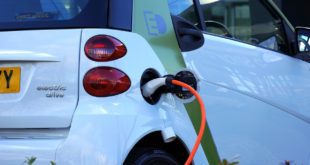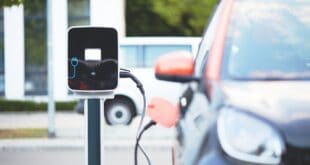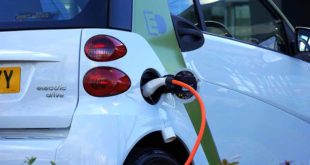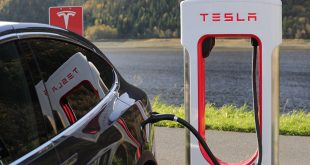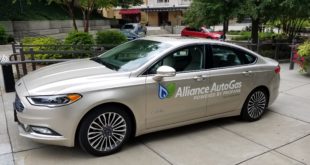Electric cars have been in the news recently, with Tesla Motors raising large amounts of money from investors and General Motors banking on the Chevy Volt to renew its prospects for becoming a viable company again. GM is planning to roll out the Chevy Volt next year (OK, the Volt is not an all-electric car, but it can be fairly described as mostly electric), but it is not clear how well it will be embraced by potential buyers.
According to JD Powers and Associates, the large automobile industry polling organization, consumers will not be flocking to the new electric cars, and the reason is fairly obvious. They simply cost too much.
The report projects that it will be difficult to convince a large number of car buyers to purchase electric cars, or even hybrid cars, due to their higher costs and projects cost of maintenance. When told that a hybrid car would cost about $5000 more to purchase, interest in purchasing a hybrid fell by about 50%.
What would create stronger demand from consumers for hybrid and all-electric cars? The study from JD Powers cites a few factors.
A significant increase in the cost of fuel A significant reduction in cost A major improvement in green technologies that would establish better confidence in reliability in the minds of consumers An improvement in the range for driving electric cars Better design
A further issue that affects the image in the minds of consumers for the new electric vehicles is the carbon footprint of the supply chain for power. It doesn’t help to buy an electric car if the power for recharging the battery is derived from a coal-burning power plant. That effectively replaces regular tail pipe emission form a gasoline or diesel-powered vehicle with the emissions from burning coal to produce the electricity that recharges the battery.
In the end, though, it is cost that is foremost in the minds of potential buyers. Consumers are concerned about the environment, but the altruistic urge is overwhelmed by the financial hurdle of shelling out more money to buy a car with a lower carbon footprint.
Based on its survey of consumers and research, JD Powers has projected sales of hybrid vehicles and all-electric cars. The worldwide forecast is for a total of 5.2 million hybrid electric vehicles and electric vehicles combined. Of this total, approximately 3.9 million units are expected to be hybrids, while about 1.3 million are projected to be battery-powered electric vehicles.
 Alternative Energy HQ solar power for homes, wind energy, and bio fuel issues
Alternative Energy HQ solar power for homes, wind energy, and bio fuel issues


